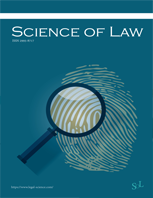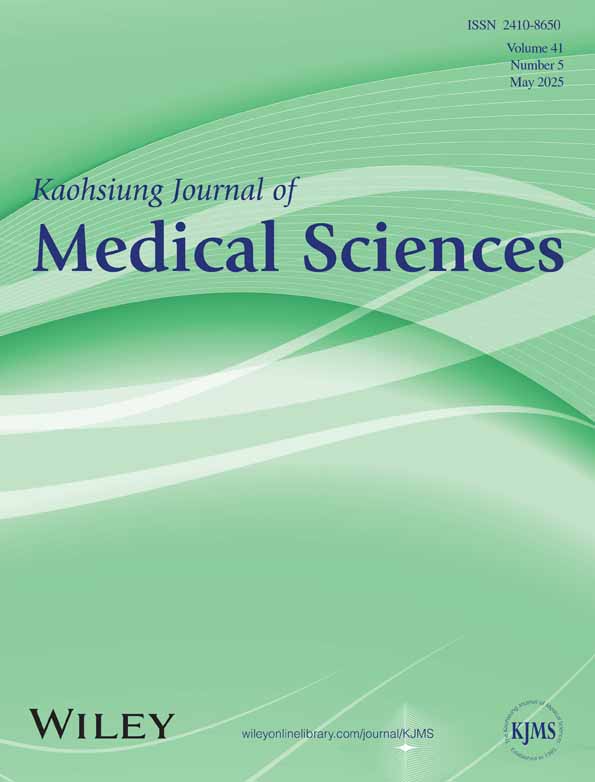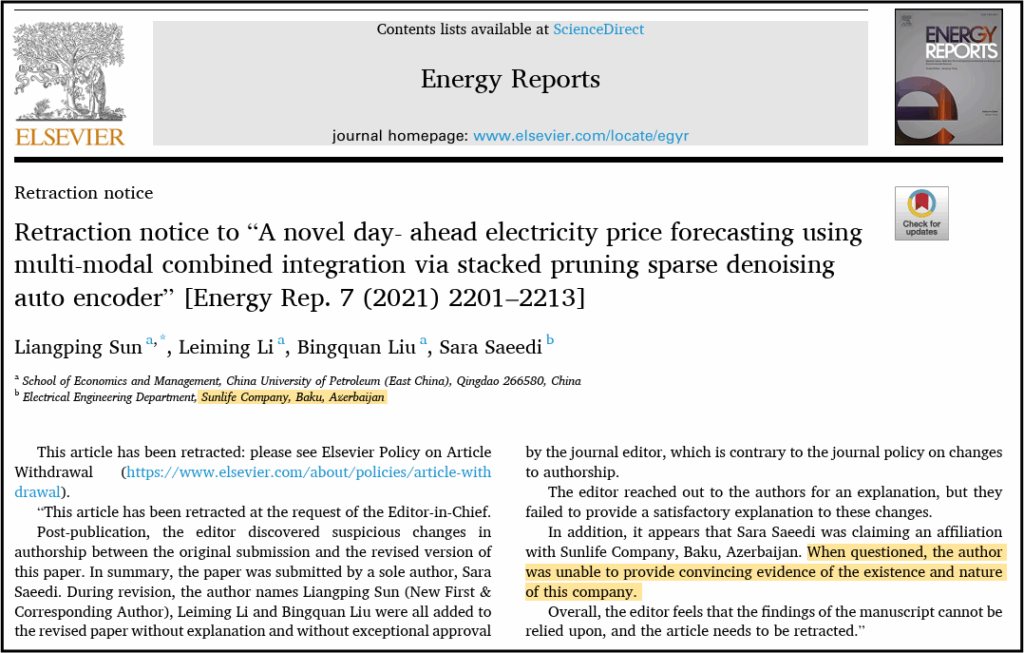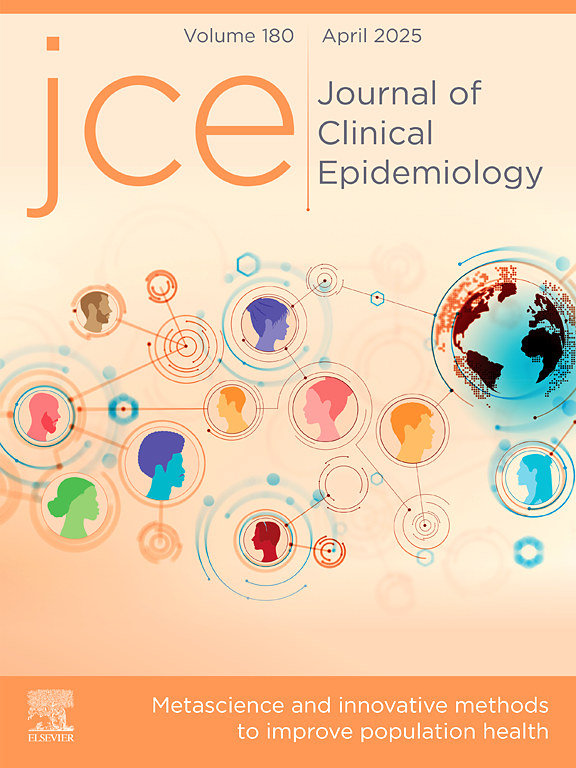Editor’s note: We asked Elsevier to respond to some of the findings in this post. In response, a spokesperson told us they will now remove the journal from Scopus. See Elsevier’s response in this story.
I received a letter recently pointing me to a questionable journal indexed in Elsevier’s Scopus database. Scopus indexes many problematic and even hijacked journals, but this case is the most outrageous I have seen to date.
Scopus indexed Science of Law in July 2024. According to its profile in the database, the journal is published by the “Editorial Team of SoL.” However, “the editorial team” and many members of the editorial board are fake names and that such individuals do not actually exist. For example, the three editors listed — Alessio Miceli from the University of Alabama School of Law, Anita Steinberg from Wichita State University, and Jeffrey Robinson from McGeorge School of Law — do not have author profiles in Scopus. The universities themselves do not have anyone with these names in their directories.
Continue reading Scopus indexed a journal with a fake editorial board and a sham archive








